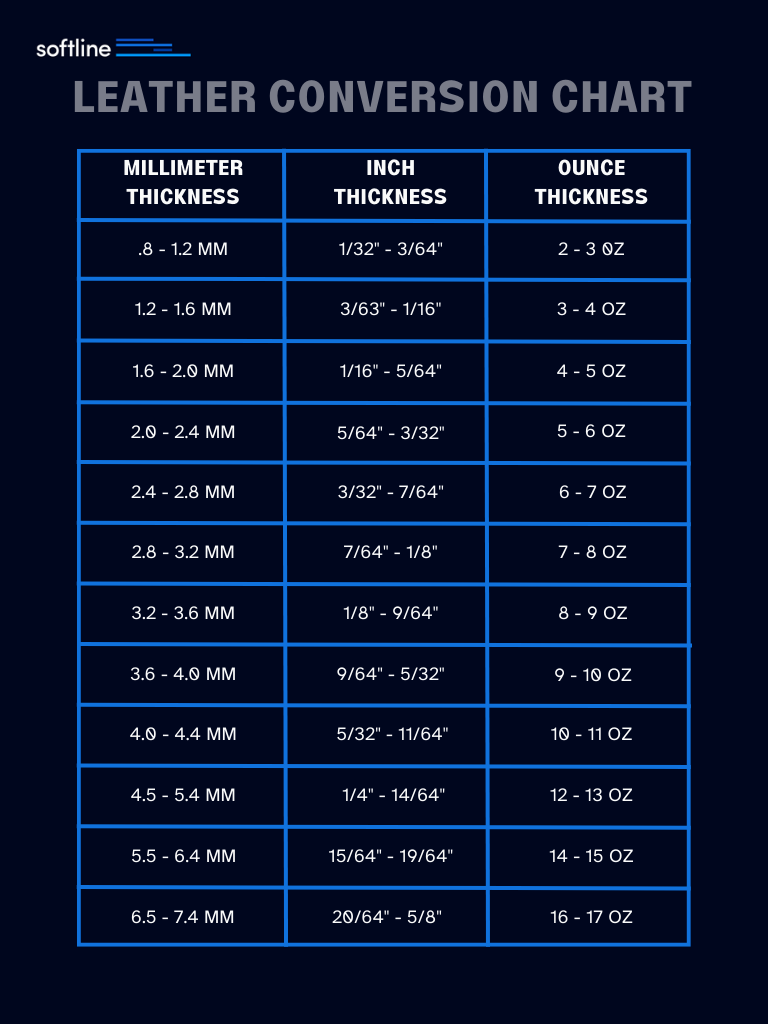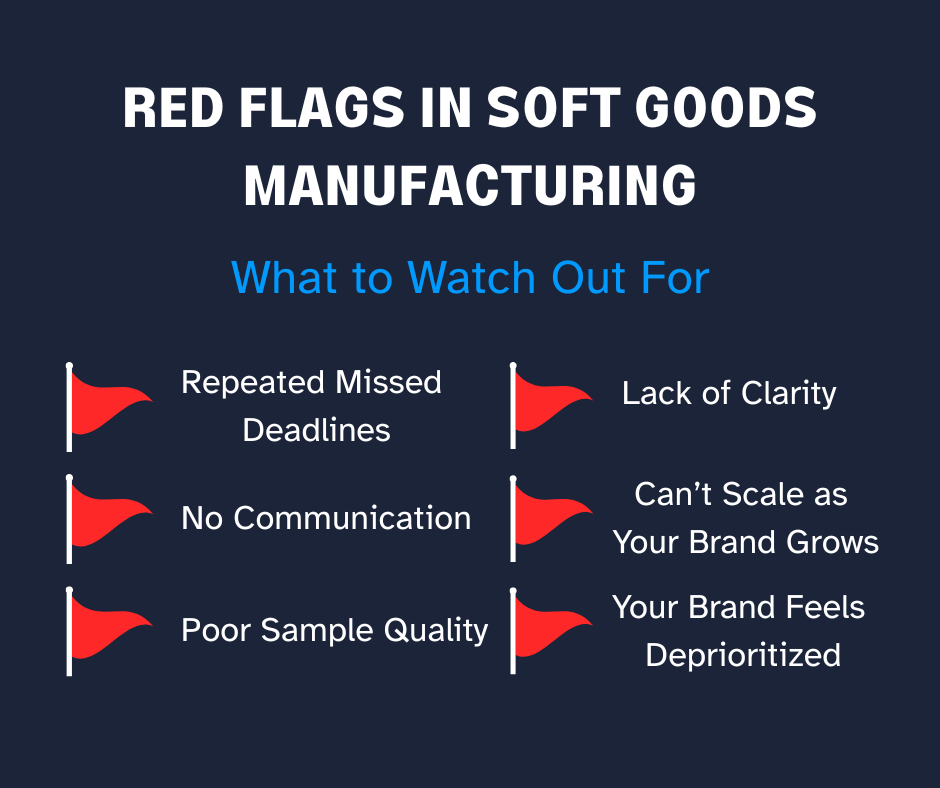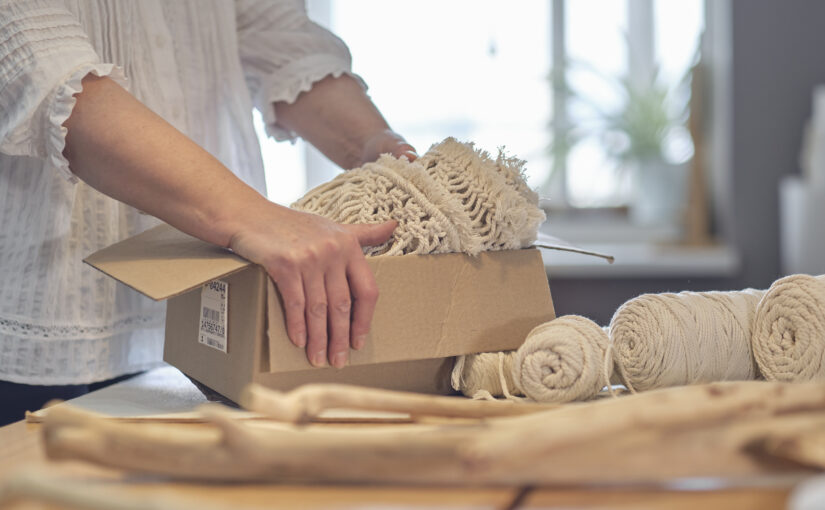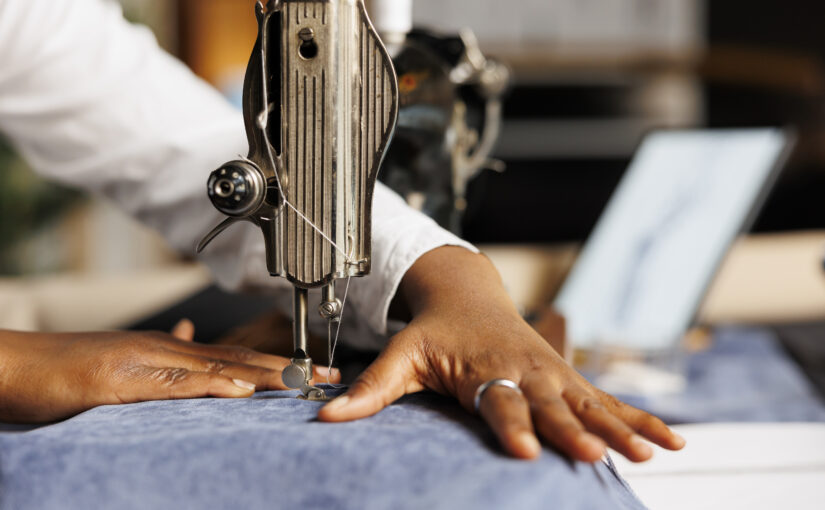If you’ve ever checked out a leather product design, you’ve likely seen weights listed in ounces or thicknesses listed in millimeters or inches. But what do these numbers actually mean? And how do you choose the right leather weight for your soft goods product? Leather weight refers to its thickness, but the terminology varies between U.S. (ounces) and metric (millimeters or inches) systems. The right weight can dramatically affect a product’s structure, stitching, cost, and performance.
Leather Weight-to-Thickness Conversion Chart
Leather thickness can vary slightly within a range. Always check with your manufacturer for exact tolerances.

Leather Conversion Calculator
Need to convert leather specs quickly? Use this calculator to move between U.S. and metric leather measurements in seconds.
[Insert Interactive Calculator Here] (was not sure where to find this on the website)
Just enter your known measurement, select the unit (oz, mm, or in), and the tool will give you the equivalent thickness in other formats.
Why Leather Weight & Thickness Matter in Soft Goods
Here’s why leather weight and thickness matter.
Function and Feel Vary by Weight
Not all leather is created or intended for the same purpose. The feel, drape, and strength of a material change significantly with thickness. Lightweight leather (think 2-3 oz) is often used for linings or wallet interiors where flexibility is key. Midweight leather (4-5 oz) works well for totes, slouchy bags, and accessories that need some structure but not rigidity. Heavy leather (6 oz and up) is typically used for structured items like belts, straps, or reinforced panels. Choosing the wrong weight can result in sagging bags, stiff wallets, or items that wear down prematurely.
Costing and Budget Planning
Leather is typically priced by the square foot or hide, but weight plays a major role in how much usable material you get per unit.
Heavier leather includes more material per square inch, which means fewer cut pieces per hide. This impacts not just material cost, but also yield and margin planning. For brands quoting large volumes or planning tight COGS, knowing leather weight helps you plan more accurately.
Compatibility with Hardware and Stitching
Machines, needles, and thread types must match the leather’s thickness. Trying to run thick leather through a lightweight industrial machine can slow production or worse, damage equipment.
Thicker leather may also need edge skiving, custom stitch treatments, or reinforced seams to perform correctly. Skipping those steps can lead to product failure or time-consuming rework.
Material Efficiency and Waste Reduction
When leather specs are clearly defined, brands can estimate yield more accurately, reducing off-cuts, scrap, and excess inventory. Knowing the ideal weight range for your design allows for smarter hide selection during sourcing. This is especially important for sustainable or small-batch brands trying to limit waste and cost.
Sustainability and Sourcing Impact
The right leather weight can also support more responsible sourcing. 40% of raw hides end up as waste, so optimizing for product specs can help reduce this and yield more efficient material usage. Transparency in your leather specs makes it easier to align with ethical sourcing practices and work with vendors who prioritize material conservation.
Looking for help sourcing the right leather?
Softline has deep experience sourcing leather for bags, accessories, strap goods, and more across all weight ranges and production scales. We help clients choose the right material for their application, aesthetic, and margin goals. Contact us to start your soft goods project today!











